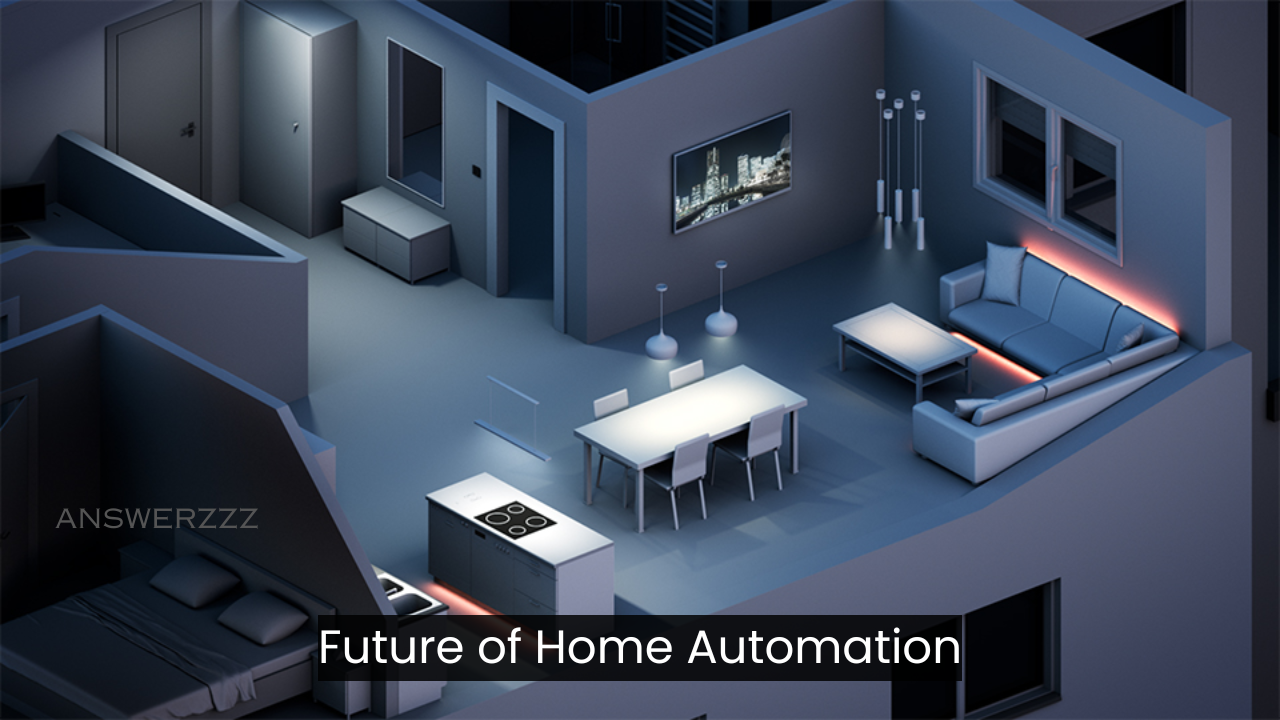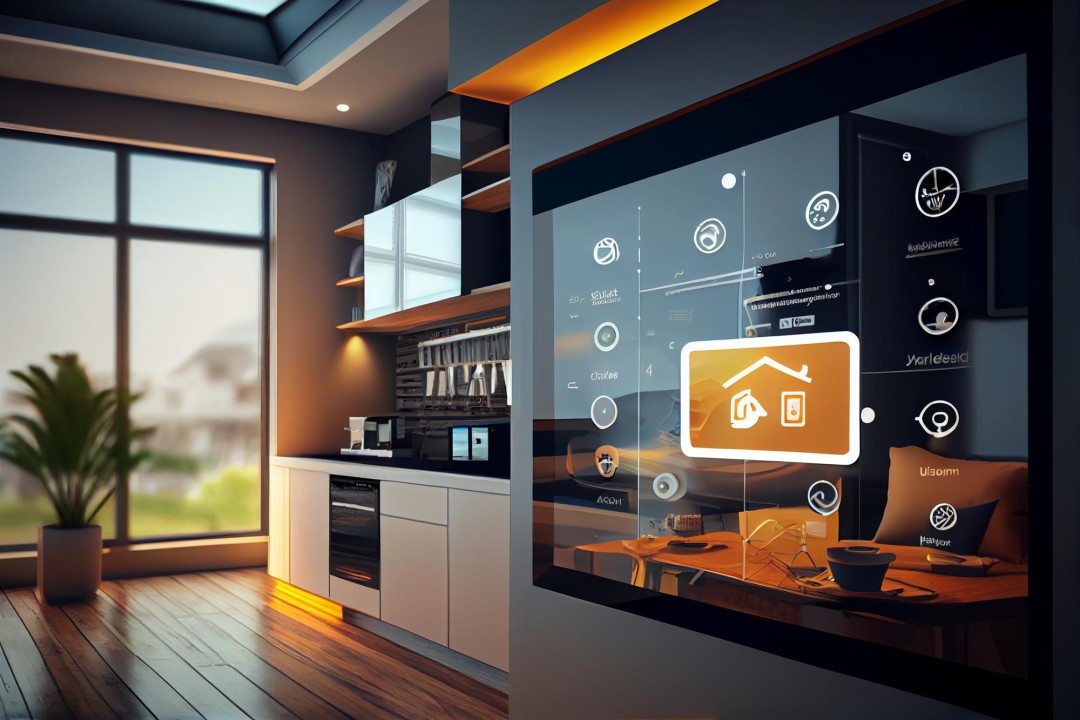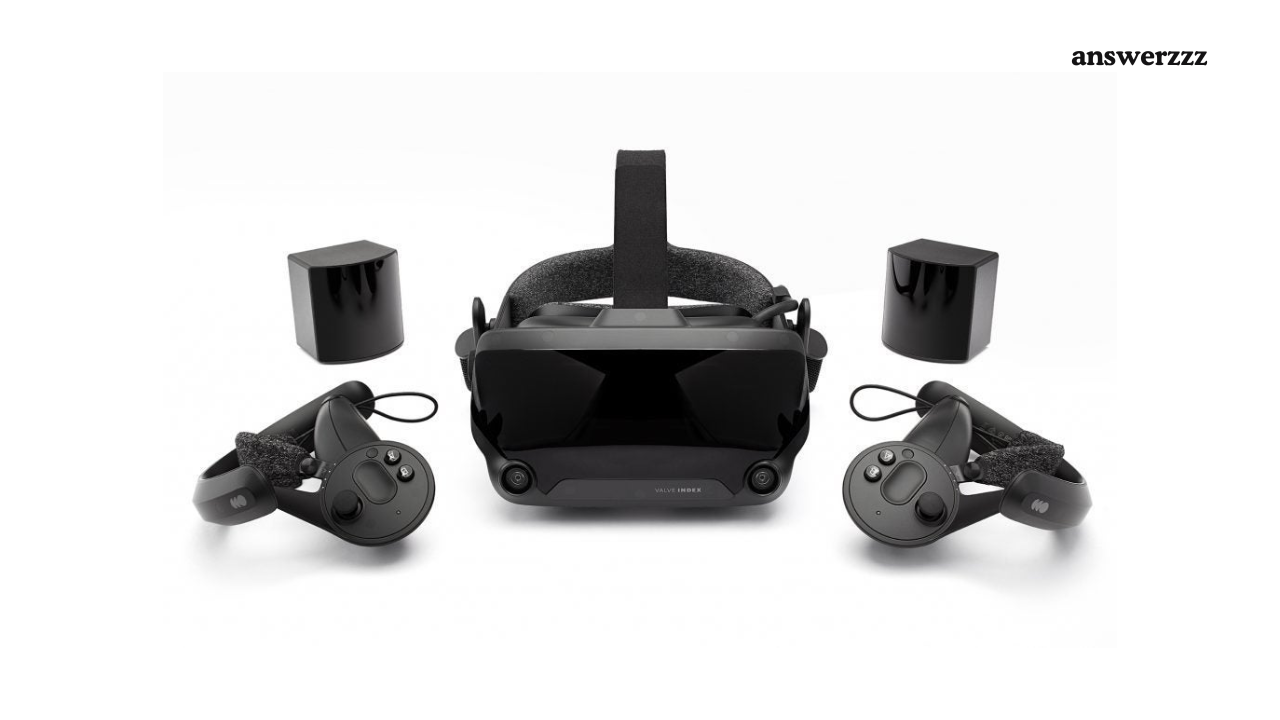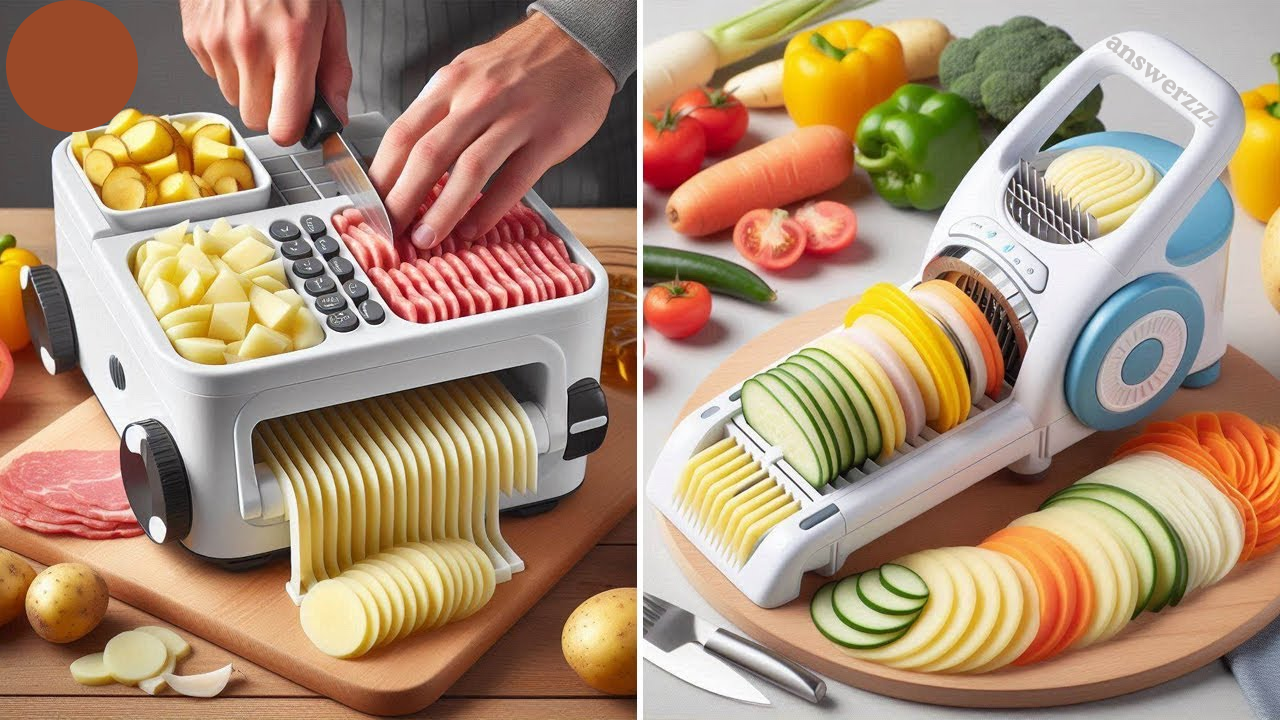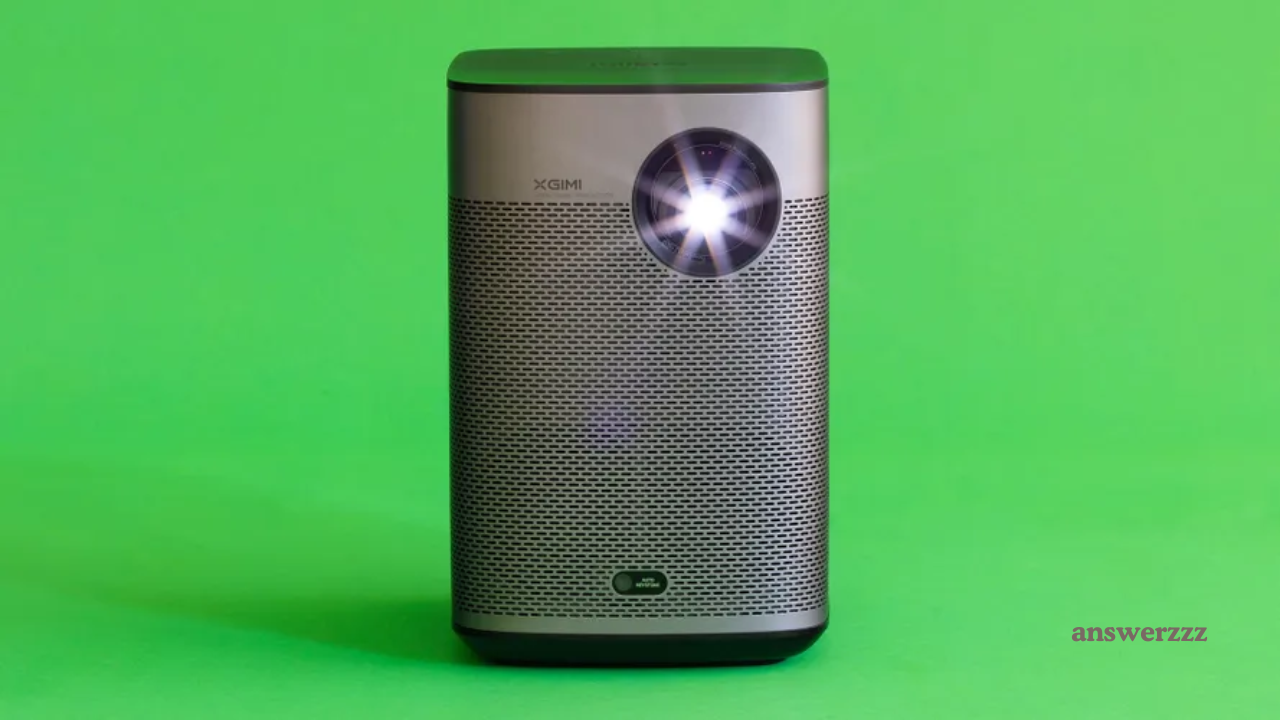As technology continues to advance at an unprecedented pace, the future of home automation is evolving into a realm that was once thought to be the stuff of science fiction. The integration of smart home devices, artificial intelligence, and the Internet of Things (IoT) is transforming our living spaces into highly efficient, secure, and personalized environments. This article explores the anticipated developments in home automation, the benefits they offer, and the challenges that may arise as we embrace this exciting new frontier.
The Rise of Smart Homes

The concept of a smart home is no longer a novelty; it has become a reality for millions of households worldwide. Smart home technology encompasses a wide array of devices and systems that can be controlled remotely, often through a central hub or smartphone app. From smart thermostats that learn your temperature preferences to voice-activated assistants that can control lighting and entertainment systems, these innovations are making everyday life more convenient. In the future, we can expect even greater integration of devices, creating a seamless ecosystem that enhances our daily routines.
Seamless Integration of Devices
One of the most significant trends in home automation is the continued push toward seamless integration of devices. Today, many smart home devices operate independently, but future innovations will focus on creating a unified ecosystem where devices can communicate with one another. Imagine a scenario where your smart thermostat not only adjusts the temperature based on your preferences but also communicates with your smart blinds to optimize natural light usage. This integration will be made possible through advanced communication protocols and standards, allowing different manufacturers’ devices to work together effortlessly.
Enhanced Energy Efficiency
Energy efficiency is a key driving factor behind the growth of home automation technology. As concerns about climate change and rising energy costs escalate, homeowners are increasingly seeking ways to reduce their energy consumption. Future home automation systems will be equipped with advanced analytics and machine learning algorithms to optimize energy usage. For example, smart appliances may learn your daily habits and adjust their operating schedules to run during off-peak hours, reducing energy costs and minimizing strain on the power grid. Moreover, renewable energy sources such as solar panels will be integrated into smart home systems, enabling homeowners to manage their energy production and consumption more effectively.
Increased Security and Surveillance
As the adoption of smart home technology grows, so does the focus on security. Future home automation systems will incorporate advanced security features, providing homeowners with peace of mind. Biometric authentication methods, such as facial recognition and fingerprint scanning, may become standard for accessing smart home systems. Additionally, enhanced surveillance technologies, including high-definition cameras and motion sensors, will work in tandem with artificial intelligence to identify potential threats and alert homeowners in real time. The integration of smart locks will also allow homeowners to control access to their property remotely, providing added security for both the home and its occupants.
Artificial Intelligence and Machine Learning
Artificial intelligence (AI) and machine learning are poised to revolutionize home automation in ways we are just beginning to understand. In the future, AI-driven systems will analyze data from various smart devices to provide homeowners with personalized insights and recommendations. For instance, your smart home assistant may learn your preferences for music, lighting, and temperature and adjust these settings automatically based on your mood or time of day. Moreover, machine learning algorithms can help identify patterns in your daily routines, allowing for proactive adjustments that enhance comfort and convenience.
Voice-Controlled Automation
Voice control is becoming an integral part of the smart home experience, and its prevalence is expected to grow. Virtual assistants like Amazon Alexa, Google Assistant, and Apple Siri have already made significant inroads in home automation, enabling users to control devices using simple voice commands. In the future, we can expect advancements in natural language processing and voice recognition technology to create even more intuitive interfaces. Homeowners may be able to engage with their smart homes conversationally, making it easier to control multiple devices simultaneously and receive real-time information about their home environment.
Improved User Experience
The future of home automation is not just about technology; it’s also about enhancing the user experience. As smart home devices become more sophisticated, manufacturers are focusing on creating interfaces that are user-friendly and accessible to all. This includes the development of intuitive mobile applications that allow homeowners to monitor and control their devices from anywhere. Additionally, as augmented reality (AR) and virtual reality (VR) technologies advance, we may see innovative applications that allow users to visualize their smart home setups in real time, making it easier to customize and optimize their living spaces.
Smart Home Ecosystems
The concept of a smart home ecosystem will become increasingly important as consumers seek holistic solutions that meet their diverse needs. Future home automation will not be limited to individual devices; instead, it will encompass entire ecosystems that provide a comprehensive approach to home management. These ecosystems will integrate smart lighting, HVAC systems, security, and entertainment into a cohesive unit that can be controlled and monitored through a central platform. Homeowners will have the flexibility to choose from a range of devices from different manufacturers, ensuring compatibility and interoperability.
Sustainability and Eco-Friendly Solutions
As environmental consciousness continues to rise, the future of home automation will emphasize sustainability and eco-friendly solutions. Smart home technology can play a crucial role in promoting energy efficiency and reducing waste. For example, intelligent irrigation systems can optimize water usage based on weather forecasts and soil moisture levels, conserving water while maintaining healthy landscaping. Additionally, smart appliances may be designed with eco-friendly features, such as energy-saving modes and sustainable materials, further contributing to a greener future.
The Role of 5G Technology
The rollout of 5G technology will have a profound impact on the future of home automation. With its ultra-fast data transfer speeds and low latency, 5G will enable real-time communication between smart devices, enhancing their functionality and responsiveness. For instance, home security systems will benefit from faster data transmission, allowing for quicker alerts and video streaming. Furthermore, 5G will facilitate the development of new applications and services that rely on the interconnectedness of smart devices, driving innovation in the home automation space.

The Importance of Data Privacy
As home automation technology continues to expand, concerns about data privacy and security will become increasingly important. Homeowners will need to be vigilant about the information their smart devices collect and share. Future home automation systems will prioritize data protection, implementing robust encryption methods and privacy controls to safeguard user information. Manufacturers will also need to be transparent about their data collection practices, giving consumers the confidence to adopt smart home technology without compromising their privacy.
Challenges to Overcome
While the future of home automation holds great promise, some challenges must be addressed to ensure its widespread adoption. One significant hurdle is the issue of interoperability among devices from different manufacturers. As the market for smart home products continues to grow, ensuring that these devices can work together seamlessly will be crucial. Additionally, the complexity of installation and setup may deter some homeowners from embracing smart home technology. To overcome these challenges, manufacturers will need to focus on developing user-friendly solutions and standard protocols that promote compatibility across devices.
The Evolution of User Interfaces
The future of home automation will also see an evolution in user interfaces. While voice control and mobile apps currently dominate, emerging technologies such as gesture control and brain-computer interfaces may offer new ways for users to interact with their smart homes. These innovations could enable homeowners to control devices using simple gestures or even thoughts, providing a level of convenience and accessibility that was previously unimaginable.
The Role of Smart Home Consultants
As the complexity of home automation systems increases, the demand for smart home consultants will likely grow. These professionals can guide homeowners through the process of selecting and installing smart devices that best meet their needs. They will provide valuable insights into the latest technologies and trends, helping consumers make informed decisions about their home automation investments. Furthermore, smart home consultants can offer ongoing support and maintenance, ensuring that systems remain up-to-date and functioning optimally.
The future of home automation is bright and filled with exciting possibilities that promise to enhance our daily lives. As technology continues to advance, we can expect greater integration, improved energy efficiency, and enhanced security features. The role of artificial intelligence and machine learning will revolutionize the way we interact with our homes, making them more intuitive and responsive to our needs. However, as we embrace these innovations, it will be crucial to address challenges related to data privacy, interoperability, and user experience. With careful consideration and planning, the future of home automation has the potential to create a more convenient, secure, and sustainable living environment for all.
